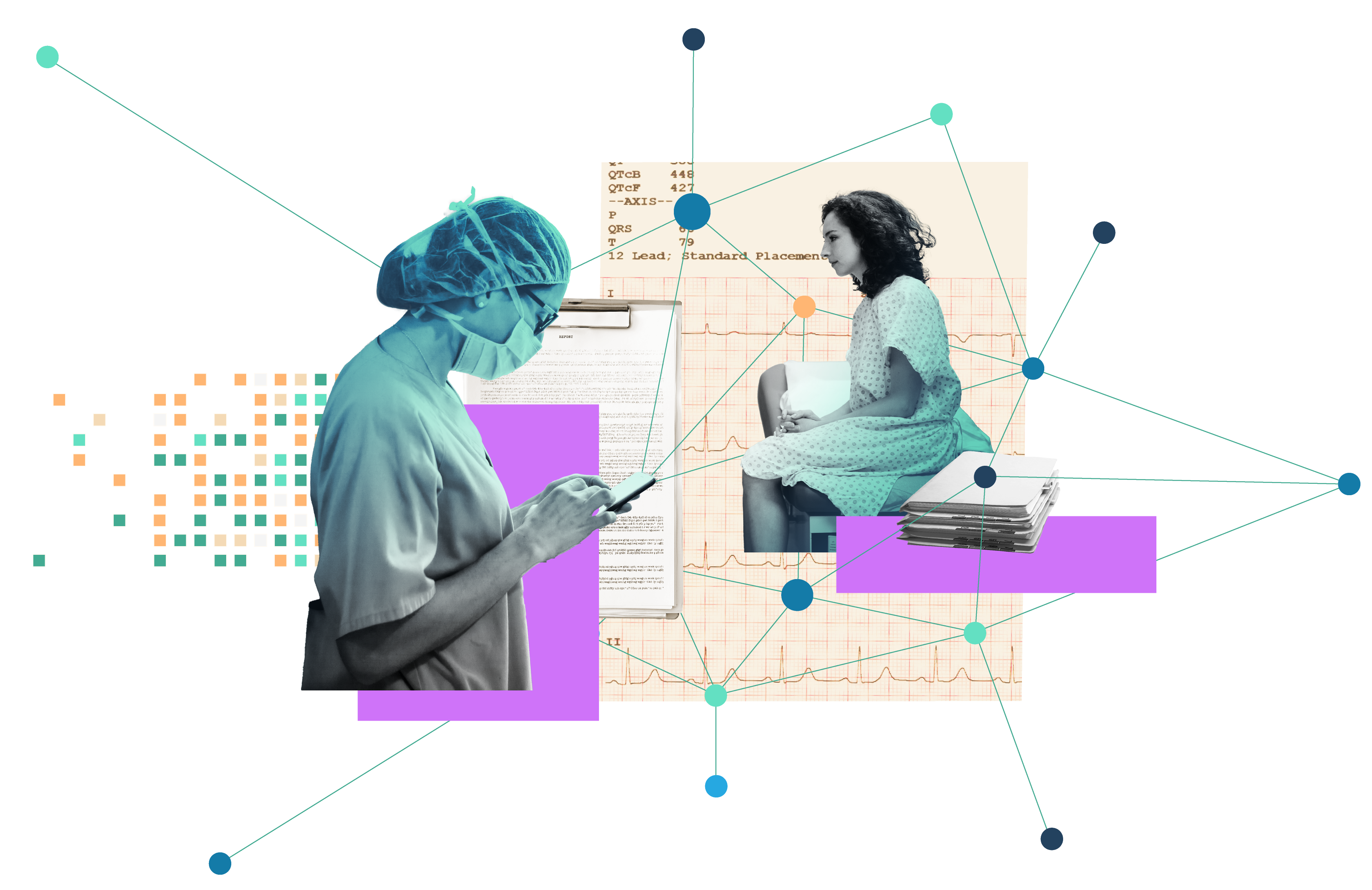Machine healing

```html
The AI Revolution in Medicine: Reshaping Healthcare's Future
From Library to Pocket: The Power of Instant Medical Knowledge
Remember the days of painstakingly searching medical libraries for hours to find crucial information for a patient? Dr. Adam Rodman, assistant professor at Harvard Medical School, does. What once took hours, he can now accomplish in mere seconds thanks to AI-powered apps like OpenEvidence, which puts a vast medical library right at his fingertips.
This transformation highlights the profound impact of large language models (LLMs) like ChatGPT on medicine. Experts believe this shift is as significant as the decoding of the human genome, promising to revolutionize everything from doctor-patient interactions to medical research.
"We say, 'Wow, the technology is really powerful.' But what do we do with it to actually change things?" asks Dr. Rodman, emphasizing the need for bold thinking and a willingness to reimagine the very structure of healthcare.
A Quantum Leap: AI's Potential to Transform Patient Care
Dr. Isaac Kohane, chair of Biomedical Informatics at Harvard Medical School, recalls being frustrated just a few years ago by the slow adoption of technology in healthcare. Now, he describes the latest AI models as "mind-boggling," citing GPT-4's ability to diagnose complex cases with remarkable accuracy.
This rapid advancement offers a glimmer of hope for a healthcare system riddled with inefficiencies. Kohane envisions AI empowering nurse practitioners and physician assistants, strengthening the foundation of a system desperately in need of repair. "Having an instant second opinion after any interaction with a clinician will change, for the better, the nature of the doctor-patient relationship," he states.
The Doctor's New Assistant: Enhancing Diagnosis and Reducing Burnout
From automating prior authorization requests to providing virtual second opinions for patients, AI is already proving its worth. The widely publicized case of a child misdiagnosed by 17 doctors, only to have ChatGPT correctly identify tethered cord syndrome, illustrates the potential for AI to supplement human expertise.
Furthermore, "ambient documentation" systems promise to free doctors from the burden of note-taking, reducing burnout and fostering deeper connections with patients. Dr. Bernard Chang, Dean for Medical Education at Harvard Medical School, acknowledges the transformative potential of these seemingly simple applications. "Physicians who feel overburdened and burnt out are starting to say, 'You know what, this tool is going to help me,'" he observes.
Navigating the Risks: Bias, Hallucination, and the Importance of Human Oversight
Despite the promise, the use of AI in medicine raises legitimate concerns. Data biases, reflecting historical inequalities in healthcare, could be amplified by AI, exacerbating disparities in access and quality of care. "Most clinicians are not aware that every medical device that we have is, to a certain degree, biased," warns Dr. Leo Celi of Beth Israel Deaconess Medical Center. He advocates for a systemic redesign of healthcare, emphasizing the need to "recode the world itself" to address these fundamental flaws.
Another challenge is the tendency of LLMs to "hallucinate," fabricating facts and presenting them as truth. This, coupled with the potential for over-reliance on AI, could hinder the development of crucial critical thinking skills in future physicians.
Dr. David Bates of Mass General Brigham, while optimistic about AI’s potential to reduce medical errors, cautions, "AI has a tendency to hallucinate, and that is a worry, because we don’t want things in people’s records that are not really there.”
The Future of Medical Research and Education: Embracing Agility in the Age of AI
In research labs, AI models like Procyon, developed by Dr. Marinka Zitnik of Harvard Medical School, are accelerating scientific discovery by predicting protein structures and functions, opening up exciting new avenues for drug development and personalized medicine. She acknowledges the transformative potential of this technology, stating, “These models provide in-silico predictions that are accurate, that scientists can then build upon and leverage in their scientific work.”
The impact of AI is also being felt in medical education, with new courses, PhD tracks, and virtual patient simulations preparing future physicians for the evolving landscape of healthcare. However, the rapid pace of change necessitates a focus on adaptability, as Dr. Rodman emphasizes: "Probably the best thing we can do is prepare people to expect the unexpected."